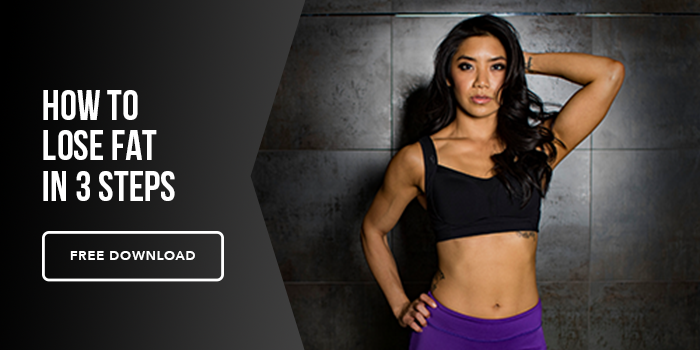If you follow a healthy lifestyle, you may have heard of macronutrients before. Or, maybe someone gave you the advice to “count your macros,” because you want to lose weight. Whatever situation you are in, you must first understand the concept of macronutrients and why it is important to do so.
Macronutrients are made up of “the big three”: protein, carbohydrates and fats. Each of these nutrients play a specific role in our body to keep us functioning properly, and at maximum levels. Basically, everything you eat will consist of macronutrients. The goal is to understand how to consume enough of each macro to keep your body healthy.
The first one: Protein. Protein is a macronutrient made up of amino acids that help our bodies break down the food we eat and build muscle in return. When we eat adequate amounts of protein, our body may experience positive effects.
These effects include:
- Hunger fulfillment
- Weight loss or gain (depending on your fitness goal)
- More energy
- Increased strength
The second one: Carbohydrates. Carbs are made up of sugar, starch, and/or fiber. However, not all carbs are the same; there are simple and complex carbs. Simple carbs tend to be processed while complex carbs are usually not. Our bodies react to these two types differently. If you eat a carb that is mainly made up of sugar (like, a piece of fruit), then your body will digest it very quickly and your blood sugar levels will rise. However, if you eat a carb made up of starch (like, brown rice), then it takes your body more time to digest and break it down. Therefore, you will often be told to limit processed foods like cookies and candy. Candy is all sugar and if you are constantly eating it, then your blood sugar levels will rise frequently. There are no “good or bad” carbs, but it is helpful to know how different types of carbs affect your body and the way you process them. This way, you learn to become more in tune with your body and the food choices you should make.
The last one: Fats. Fats are made up of a molecule of glycerol and fatty acids. There are three types of fats: unsaturated, saturated and trans. I will spare you the science behind each of these, but basically, you should consume fats from the unsaturated and saturated categories. Trans fats tend to be in processed foods like fast food.
Unsaturated and saturated fats are found in foods like:
- Fish
- Beef
- Olives
- Cheese
Before you start putting all your energy and focus on getting all your macronutrients in, do not forget about the lesser known, but just as important, micronutrients. Micronutrients are made up of vitamins and minerals. Vitamins and minerals support your body’s overall health and function by boosting your immune system, converting food into energy, etc. The best way to get your micronutrients in is through fresh vegetables.
Whether you want to follow a specific diet or not, understanding macros will help you live a healthier lifestyle. It teaches you where calories come from, and how these calories can affect your body in different ways. If there is one thing you should take away from this article, it’s this: despite what your favorite fitness influencer may be preaching on Instagram, not all calories are created equal. Understanding macronutrients teaches you just that.
If you want to count your macros or calories, remember:






